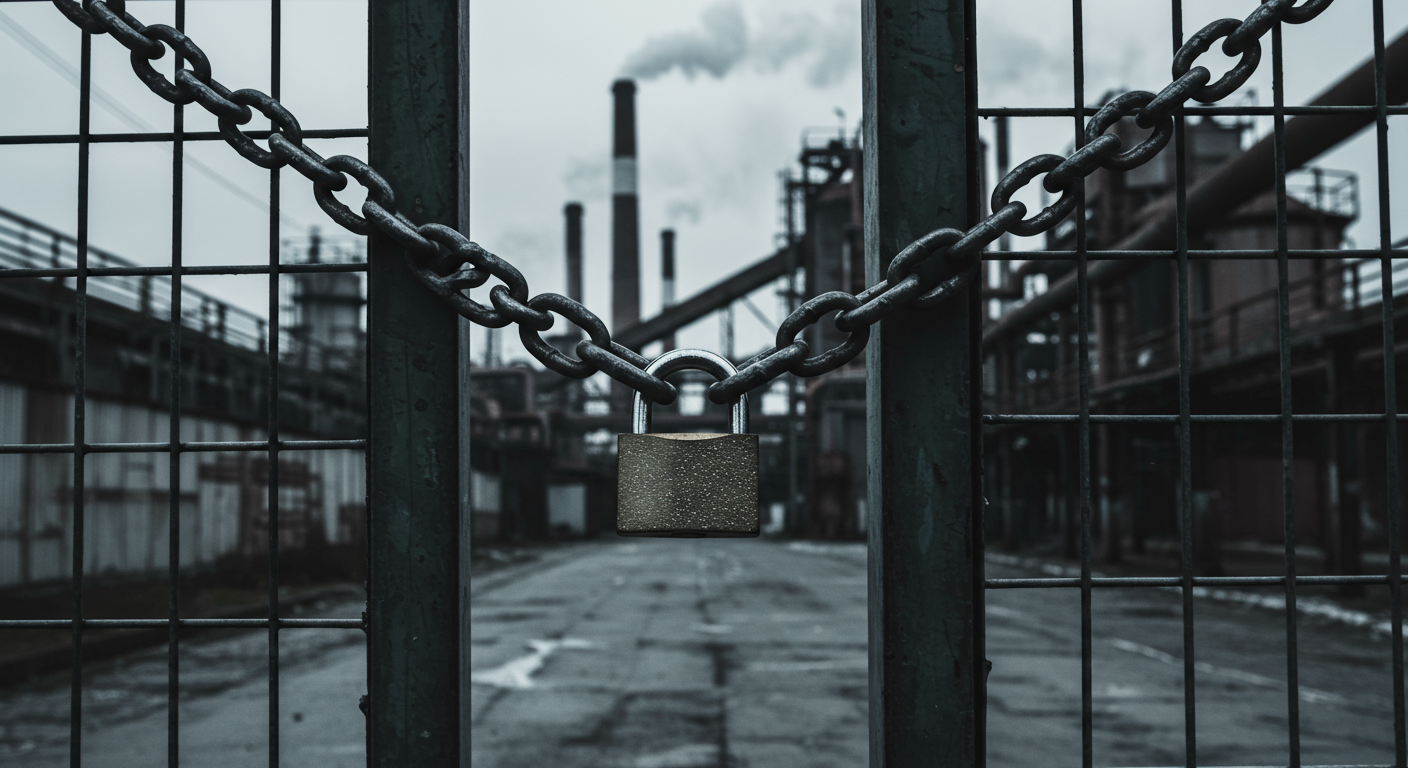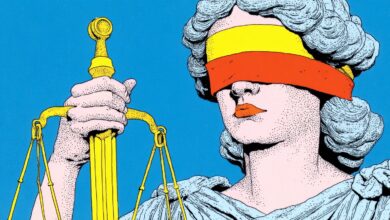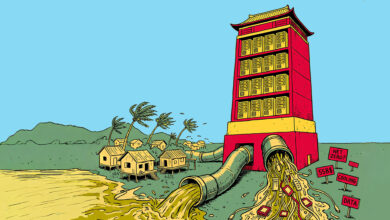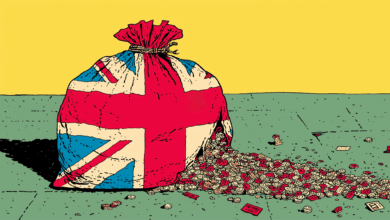Trade Protectionists Are the New Lockdowners

In 2020, government officials around the world locked down economies in the name of public health. Small businesses were shuttered, livelihoods wrecked, and personal freedoms suspended based on the belief that central planners knew better than individuals how to respond to risk. A small handful of libertarians rightly pushed back, warning not only of the specious basis for clamping down on commercial and social activity, but also that concentrated power and coercion would do more harm than good.
Yet today, some of those same people are cheering for a different kind of lockdown: protectionist trade policies. The justifications may differ, but the structure remains the same—top-down economic intervention, paternalistic rhetoric, and a deep distrust of free people making voluntary decisions in open markets.
The protectionist argument echoes the lockdown logic. “We’re not against trade,” the line goes. “We just want fair trade that protects American jobs.” That’s no different from “We’re not shutting down the economy; we’re just pausing it to save lives.” In both cases, the effect is the same: coercive policies imposed on millions and unintended consequences as far as the eye can see, all grounded in the disprovable idea that governments know best.
In 2002, President George W. Bush imposed tariffs on imported steel to “save” the domestic industry. The result? Nearly 200,000 jobs were lost in steel-consuming industries—more than the total number of steelworkers those tariffs aimed to protect. Tariffs raise input costs, squeeze small businesses, distort investment, and invite retaliation. They are not “pro-America.” They are anti-consumer, anti-market, and ultimately anti-prosperity.
Today’s tariff advocates claim they’re defending national strength or reviving domestic manufacturing. But this too is eerily reminiscent of the lockdowners, who insisted they were simply buying time or saving the vulnerable. What they actually did was sacrifice broad swaths of the population to satisfy a theoretical model of centralized control.
F.A. Hayek warned us of this impulse: “The more the state ‘plans,’ the more difficult planning becomes for the individual.” Tariffs are planning. They are government-imposed price distortions that reduce our flexibility and limit the decentralized problem-solving that makes markets resilient.
Markets, like societies, are messy. Factories open and close. Trade flows shift. But that dynamic nature is not a bug—it’s a feature. Protectionists, like lockdowners, fear the chaos of freedom more than the destruction of control. They assume that if a politician or bureaucrat doesn’t steer the wheel, the system will crash. In reality, the opposite is true: freedom is not the absence of structure; it is the presence of rules that emerge from voluntary cooperation, not state compulsion.
Globalization isn’t perfect. There are dependencies and vulnerabilities. But just as the best defense against a virus wasn’t authoritarian shutdowns but individual judgment and innovation, the best response to trade challenges is adaptability and openness—not economic quarantine.
Tariffs, quotas, and other forms of protectionism don’t just target foreign producers; they penalize every American family or business that depends on global inputs. They also empower lobbyists and politically-connected industries while leaving small businesses behind. They erode our economic liberties in the name of national interest, just as lockdowns eroded civil liberties in the name of public health.
And make no mistake: protectionism, like lockdowns and stay-at-home orders, breeds mission creep. Once tariffs are in place, they don’t just “protect” steel or chips. They expand. Industries learn to lobby. Politicians learn to promise. Soon, the bottom-up invisible hand is thrust aside for the ascendant iron fist of top-down industrial policy.
Those who fought lockdowns should recognize the pattern. Tariff-driven industrial policy is not a departure from the logic of command-and-control—it’s a natural extension of it. The pandemic showed us what happens when officials believe they can freeze a complex system, redesign it, and restart it with no loss. The same hubris drives today’s trade protectionists.
Liberty is indivisible. One cannot oppose forced closures in one context and support them in another. If you reject the idea that the government should decide who can open a barbershop or serve a meal in a restaurant, you must also reject the idea that it should decide where a carmaker buys its steel or how balanced trade should be between US citizens and a foreign nation.
The Covid era should have taught us that central planning is brittle and destructive. Tariffs, like lockdowns, are born of fear and enforced by force. They trade resilience for rigidity, prosperity for politics, and freedom for false security.
We’ve seen this movie before. Let’s not applaud the sequel.
The post Trade Protectionists Are the New Lockdowners was first published by the Foundation for Economic Education, and is republished here with permission. Please support their efforts.



